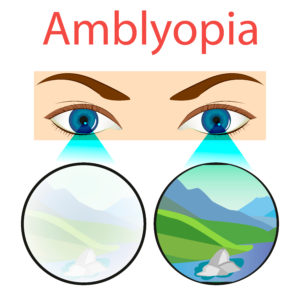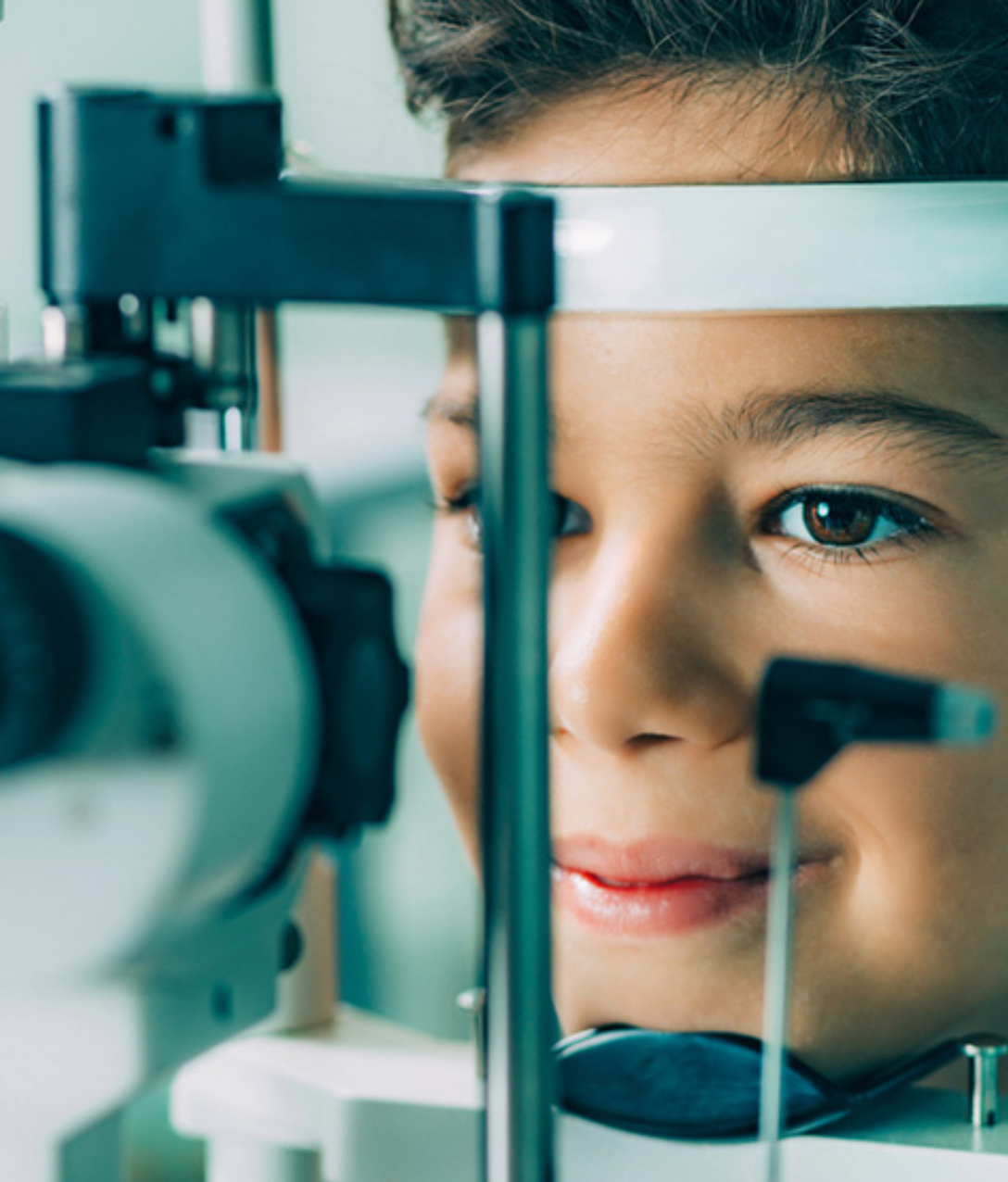Eye diseases in newborns can range from mild and temporary conditions to more serious and potentially vision-threatening disorders. Some common eye issues that can affect newborns include:
1. Conjunctivitis (Pink Eye): This is an inflammation of the thin membrane covering the white part of the eye and the inner surface of the eyelids. It can be caused by bacterial or viral infections, as well as irritants like chemicals or allergens. Newborns can acquire conjunctivitis during birth if their mother has a sexually transmitted infection (such as gonorrhea or chlamydia).
2. Blocked Tear Ducts: Tear ducts can sometimes be blocked in newborns, leading to excessive tearing, discharge, and even mild eye infections. This condition usually clears up on its own, but in some cases, medical intervention may be needed.
3. Retinopathy of Prematurity (ROP): This is a potentially serious condition that primarily affects premature infants. It’s characterized by abnormal blood vessel growth in the retina, the light-sensitive layer at the back of the eye. Severe cases of ROP can lead to vision impairment or blindness if not properly managed.
4. Strabismus: Commonly known as “crossed eyes,” strabismus occurs when the eyes are misaligned and don’t work together. Early detection and treatment are important to prevent amblyopia (lazy eye) and maintain proper vision development.
5. Nasolacrimal Duct Obstruction: This is a common issue where the nasolacrimal duct, which helps drain tears from the eyes to the nose, is blocked. It can lead to excessive tearing and eye discharge.
6. Congenital Cataracts: Although rare, newborns can be born with cataracts—clouding of the eye’s natural lens. Congenital cataracts can affect vision development and may require surgical removal.
7. Glaucoma: Infantile glaucoma is a rare condition where there’s increased pressure within the eye. It can cause eye enlargement, corneal clouding, and potential vision loss if left untreated.
8. Coloboma: Coloboma is a birth defect that results in a missing piece of tissue in the eye. It can affect different parts of the eye, including the iris, retina, or optic nerve, potentially leading to visual impairment.
9. Retinal Disorders: Some newborns might have genetic or developmental disorders affecting the retina, such as retinal dystrophies, which can lead to vision problems.
It’s important for newborns to undergo routine eye examinations as part of their overall health care, especially if they are born prematurely or have a family history of eye conditions. If parents notice any unusual symptoms in their newborn’s eyes, they should promptly consult a pediatrician or pediatric ophthalmologist for evaluation and appropriate management.
what are you waiting for? Get in touch with the best Eye Specialist in Mumbai, Dr. Sonia Maheshwari Kothari practicing at Clear Sight Eye Care and Laser Center.




